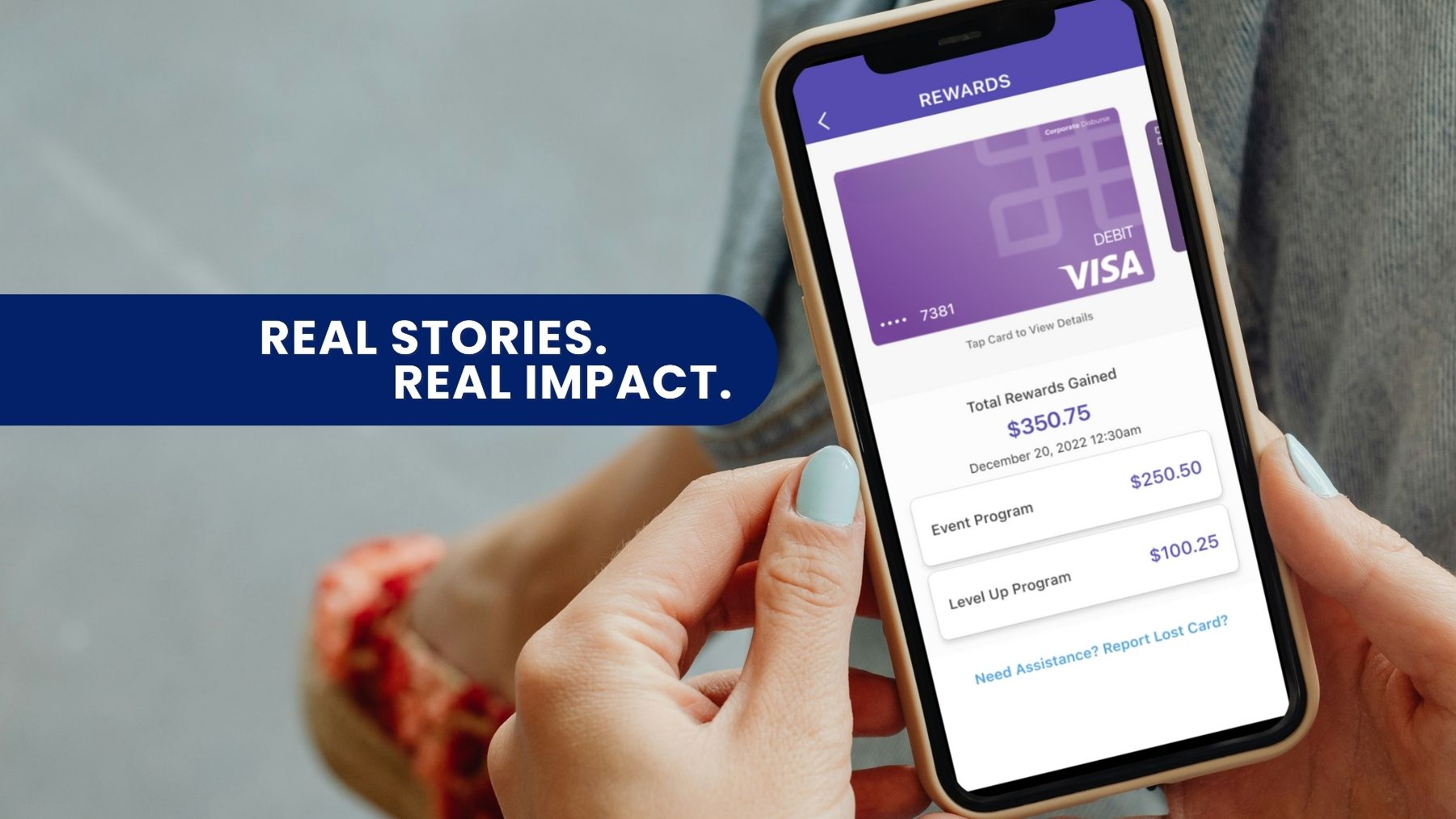
Kimberly Wooldridge recalls the story of a client at GRAND Mental Health in Tulsa, OK, struggling to afford presents for her child’s upcoming birthday. The young mother was participating in the facility’s Partial Hospitalization Program (PHP) for individuals with substance use disorder (SUD), and even though she was working, her basic living expenses were eating up all of her pay.
Fortunately, the Tulsa program includes CHESS Health’s contingency management (CM) Rewards module. The module grants points that translate into dollars to participants who complete required actions. The young woman was actively engaged in her treatment plan, so she received the points and used the money to buy gifts for her child.
This is just one example of how effective rewards are, according to Wooldridge, a Family Care Plan Coordinator at GRAND Mental Health. She sees that rewards serve as stress-relievers, whether the money is used to pay for gas, food, or birthday presents. Additionally, rewards provide participants with a little boost to take the right steps. “In the beginning, they may need it every day just to get here (for treatment),” Wooldridge said. “Just a few dollars may be enough to help out, to get them where they need to be.” And just like a savings account, clients can let the rewards add up to pay for an important expense. Wooldridge said a retired client on a fixed income saved his points to help pay for an airline ticket to his daughter’s wedding, which would have been difficult without the support.
Integrated Delivery
GRAND Mental Health in Tulsa implemented CHESS Health’s Rewards module, part of the eRecovery solution, in 2023. Rewards are delivered through the Connections recovery support app, allowing providers to make them available for immediate access on a reloadable debit VISA card provided by the program to the participants.
The Rewards module is just one component of the evidence-based Connections app.
Scaling a Positive Experience
The straightforward interface led to strong staff adoption of the Rewards module, which is also key to its success. “It’s a really user-friendly app,” Wooldridge added. “It’s easy to add incentives on there.”
As of March 2024, GRAND Mental Health in Tulsa implemented rewards for its Intensive Outpatient (IOP) program. For patients in IOP, rewards are delivered weekly rather than daily. Wooldridge anticipates a positive response and utilization of this program, as many of their clients have familiarity with the Rewards module from participating in it during PHP.
It’s a really user-friendly app. It’s easy to add incentives on there.
Kimberly Wooldridge
Complete Recovery Support Offering
In addition, participants in PHP and IOP are active users of other Connections app features, such as the moderated community forums and daily check-ins, Wooldridge said. Participation points (not tied to rewards) and badges are earned through activity on the app, another support for people in recovery.
“The Connections app, it’s amazing,” she said. “They check in every day, they get badges, they chat with other people in the app, they can check in about how confident they (are feeling). If they’re not feeling confident, it sends us a message. It gives us an opportunity to reach out and say, ‘Hey, what’s going on? Are you OK?’”
Wooldridge said many program graduates continue to use the Connections app for post-treatment support. They build the habit of using it while in outpatient programs, and it carries over. “Even if they’re not in our program anymore, I can see they’re still checking in every day,” she said. “That’s awesome.”
